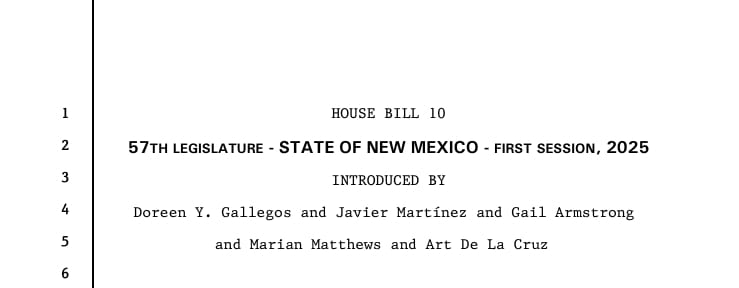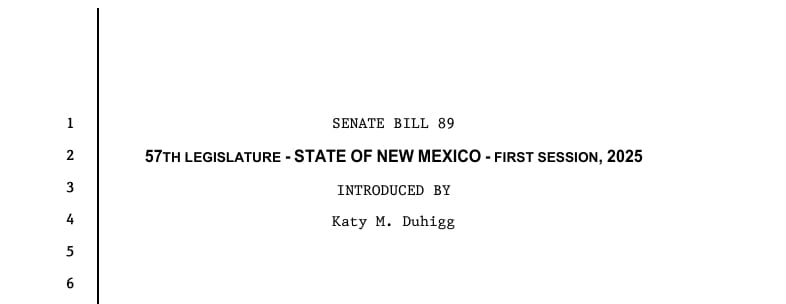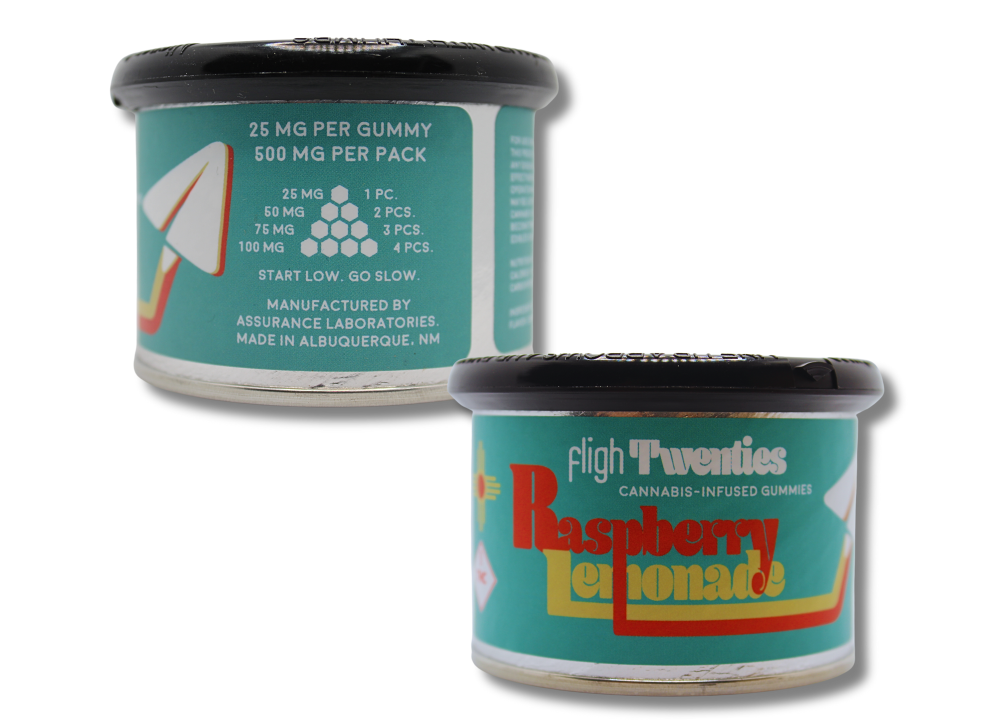Texas and New Mexico Advance Bills Targeting Hemp-Derived THC: What It Means for Borderland Consumers
As Texas legislators move closer to banning hemp-derived THC and New Mexico looks to prohibit synthetic cannabinoids, residents in El Paso and across the Borderland are watching both markets shift. Here’s what’s changing—and how the two states differ in their approach to cannabis regulation.

As Texas legislators move closer to banning hemp-derived THC and New Mexico looks to prohibit synthetic cannabinoids, residents in El Paso and across the Borderland are watching both markets shift. Here’s what’s changing—and how the two states differ in their approach to cannabis regulation.

Texas Senate Passes SB 3 to Eliminate Hemp-Derived THC Products
On March 19, 2025, the Texas Senate passed Senate Bill 3 (SB 3), a measure that seeks to ban the manufacture and sale of consumable hemp products containing any form of THC. This includes popular cannabinoids such as Delta-8, Delta-10, and even hemp-derived Delta-9—products that have flourished in Texas under the 2019 hemp law.
The bill, introduced by Senator Charles Perry (R-Lubbock), aims to redefine the state’s hemp statute to exclude any intoxicating compounds, regardless of whether they’re derived from federally legal hemp.
“This is a poison in our public,” said Lt. Gov. Dan Patrick, a vocal supporter of the bill. “Our number one responsibility is life and death issues.”
(Source: Houston Chronicle)
SB 3 passed the Senate with a 24-7 vote and now heads to the Texas House. If enacted, it could shut down hundreds of retailers across the state that rely on hemp-derived THC sales, effectively eliminating the last legal avenue for adult-use cannabis consumers in Texas.
New Mexico Moves to Ban Synthetic Cannabinoids with HB 346
While New Mexico has a fully legal and regulated adult-use cannabis market, lawmakers are taking steps to crack down on hemp-derived products that fall outside of the state’s licensed system. House Bill 346 (HB 346), introduced by Rep. Susan Herrera (D-Embudo), prohibits the sale of synthetic and semi-synthetic cannabinoids—including Delta-8, Delta-10, and THC-O—unless they are manufactured and sold by licensed cannabis businesses.
HB 346 passed the New Mexico House with bipartisan support and is currently under Senate review. The bill seeks to close a regulatory loophole that has allowed intoxicating hemp-derived products to bypass cannabis oversight.
“This bill protects consumers from potentially harmful, unregulated substances that are chemically altered and sold as legal,” said Herrera during floor debate.
(Source: Los Alamos Reporter)
In practice, HB 346 would align all intoxicating cannabinoid sales under New Mexico’s Cannabis Control Division (CCD), ensuring that only tested, licensed, and traceable products reach consumers.
Key Differences: Hemp-Derived THC vs. Regulated Cannabis in New Mexico
| Category | Texas Hemp-Derived Products | New Mexico Legal Cannabis |
|---|---|---|
| Source | Derived from federally legal hemp (often converted CBD) | Derived from cannabis grown under state license |
| THC Content | Up to 0.3% Delta-9 THC by dry weight (can be high in edibles) | Potency clearly labeled; subject to state-imposed limits |
| Psychoactive Compounds | Includes Delta-8, Delta-10, HHC, THC-O | Primarily Delta-9 THC from natural cannabis |
| Manufacturing Oversight | Minimal regulation; often not lab-tested | Fully licensed manufacturing, mandatory testing, and seed-to-sale tracking |
| Retail Access | Sold in gas stations, smoke shops, online | Only available in state-licensed dispensaries |
| Age Restrictions | Often unenforced; minimal state oversight | Strictly 21+ with ID required |
| Legal Status | Currently legal but at risk under SB 3 | Legal statewide; synthetic cannabinoids banned under HB 346 |

Why This Matters for El Paso and Borderland Residents
El Paso consumers exist at the intersection of two very different cannabis economies. In Texas, many have turned to hemp-derived edibles and vapes as legal alternatives to marijuana. In New Mexico, just minutes away in Sunland Park or Las Cruces, consumers can access lab-tested cannabis in a regulated environment.
But with SB 3 advancing in Texas and HB 346 gaining ground in New Mexico, those options are narrowing.
“People think Delta-8 is weaker or safer than marijuana, but most of it is untested and sold without any real regulation,” said Omar Sanchez, a budtender at a Sunland Park dispensary. “In New Mexico, everything we sell is tracked and tested—we know exactly what’s in it.”
What’s Next: Enforcement, Education, and Market Shifts
If Texas enacts SB 3, many local businesses will be forced to stop selling their top-selling products. For consumers, the result could be fewer legal options and more confusion.
In New Mexico, HB 346 would not limit access to cannabis itself, but it would ban intoxicating hemp products outside the regulated cannabis market—reducing competition and steering consumers toward licensed dispensaries.
Both states are responding to public health concerns, youth access issues, and growing calls for product transparency. But with no recreational cannabis program in Texas and increased scrutiny in New Mexico, the market for alternative cannabinoids is shrinking fast.
Final Thoughts: A Borderland in Transition
The legal cannabis landscape across the Borderland is changing rapidly. Texas is poised to eliminate hemp-derived THC entirely, while New Mexico is refining its rules to strengthen oversight and consumer protections. For El Pasoans, staying informed about what’s legal, what’s regulated, and what’s safe is more important than ever.
Stay Connected with EP Cannabis Club
📲 Instagram: @ep.cannabis
Have you used hemp-derived THC products in Texas or cannabis from New Mexico? Share your story and stay informed.




